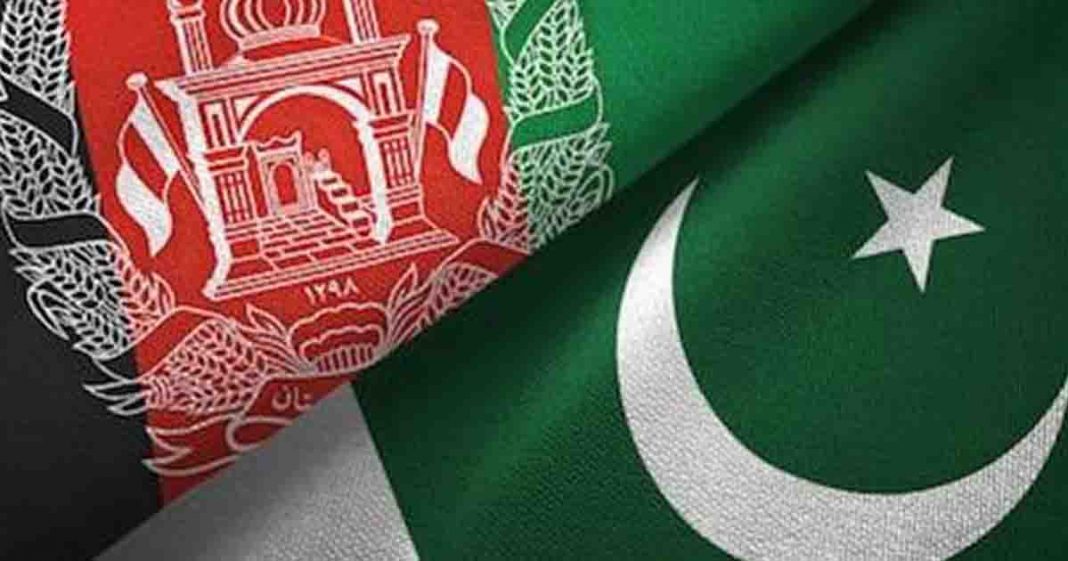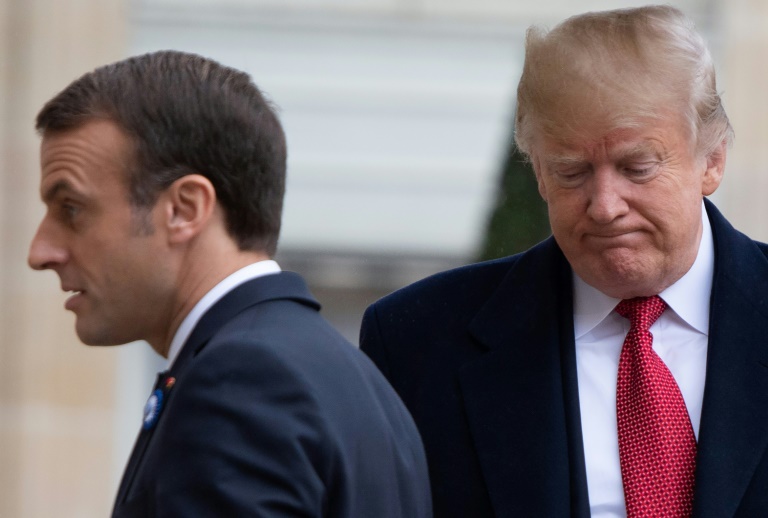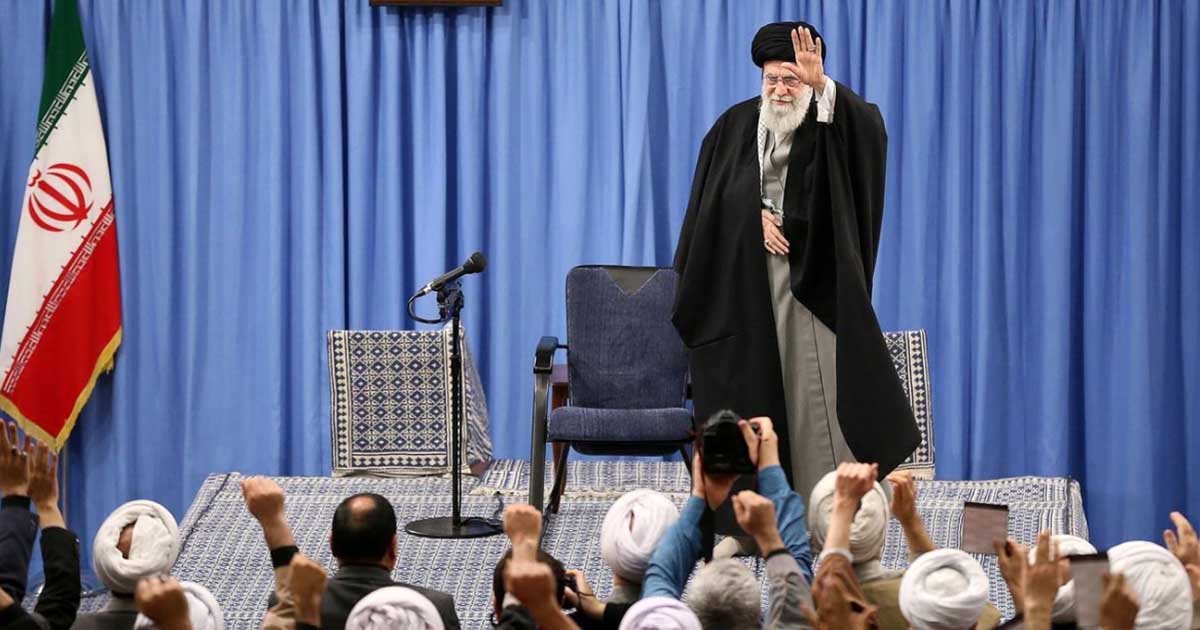Pakistan has often been blamed for destabilizing Afghanistan. Pakistan has been accused of providing safe-havens and sanctuaries to the Afghan Taliban. No real evidence was ever preferred and whatever little was, when investigated, was found to be telephone numbers of shopkeepers in Quetta or fake addresses in the city.
At one time with 4 million Afghan Refugees in Pakistan and an open border it was easy to accuse Pakistan of cross border movement. This movement was a product of the migratory nature of the people such as the Pawindahs, which was always there and had little to do with 9/11. Yet Pakistan’s initiative to fence the border and to regulate movement across was met by violent objection by the Afghan Government and discouraged by the United States. Hypocrisy at its best!
Strategic Depth: a ridiculous misunderstood argument against Pakistan?
The continued cliche of the famous “Strategic Depth” was used to beat Pakistan with. A ridiculous concept, thrown up by a brigadier in the NDU then known as the NDC and was purely an academic discussion but never a State Policy. This brigadier, Mirza Aslam Baig, later rose to the high office of the Chief of Army Staff (COAS) but the cliché (used in an academic debate at NDC) followed him and took on a false status of a national agenda.
Read more: Pakistan’s Continuing Challenge: The Afghan Gordian knot – Lt. Gen. Tariq Khan
What, pray, is Strategic Depth? In the military sense it implies that having lost critical space within one’s own integral territory, one would fall back into some other space, somewhere in the depth, perceived or real. Then one will continue warfighting thereon from elsewhere. There is no military doctrine, theory, teaching, or concept that exists anywhere in the world which preaches such stupidity.
Then there is strategic depth in the political sense which implies a stable backyard. Pakistan’s stated position in this case was always a “friendly and stable Afghanistan”. Later, having realised, Afghanistan’s preference, even the word `friendly` was dropped and the position was reduced to, ‘ A stable Afghanistan’.
Afghanistan needs Pakistan for its strategic depth
So, the way the world has continually used the “Strategic Depth Concept” as an argument to accuse Pakistan of destabilising Afghanistan has defeated my sense of reasoning and logic. In fact, if reason were to be applied, it is Pakistan that has provided strategic depth to Afghanistan. First by providing bases to resistance forces against the Soviets, then to accommodate millions of Refugees and then in providing strategic connectivity to Afghanistan with ports and world trade. What has Afghanistan ever provided Pakistan?
On the other hand, a study of Afghan-Pak relations, the Afghans have been instrumental in trying to destabilise Pakistan. First by being the only country in the world in not recognising Pakistan in 1947 and opposing its inclusion in the United Nations. Second, steering the “Red Shirt Movement” and Pushtunistan Drama. Third invading Bajaur in the 1950’s. Fourth, not recognising the international border with Pakistan. Fifth, lately, allowing India access to generate terrorist activity in Baluchistan and lastly playing host to TTP facilitating militancy into FATA.
Gen. Tariq Khan, Ex-Head Pakistan’s Central Command, in a provocative discussion argues that Washington’s hasty withdrawal has betrayed India & turned Delhi into an orphan in Afghanistan! Must watch for students of IR & Politics! https://t.co/Fyxs9gx5wi via @YouTube
— Moeed Pirzada (@MoeedNj) July 18, 2021
Read more: Pakistan and Afghanistan have no choice but to fight against terrorists together
Pakistan destabilizing Afghanistan is a childish concept
Despite this history, if anything, it’s in Pakistan’s interest to have a stable Afghanistan. What motive could Pakistan have and what objectives can it achieve by destabilising Afghanistan? To imagine Pakistani leadership huddled up to connive, plan and think up of ways to destabilise Afghanistan is a childish perception that will never allow a sensible analysis of the Afghan crisis to take root which could lead to reasonable solutions.
At any rate, with the Afghan Taliban holding 40% of the rural space at any given time (now almost 80%) and with over $ 2.5 billion drug economy at their disposal, the Taliban were never in need of safe havens and sanctuaries outside Afghanistan. Some Afghan families of resistance leadership did live in the FATA region, but this was on the basis of tribal affiliations built over years of interaction, besides, so did so many Afghan Refugees also live in the settled areas of Pakistan! Surely these families living in exile could not have been the cause of the US withdrawal from Afghanistan.
Read more: “Pakistan will not be bullied” – Lt. Gen. Tariq Khan
Pakistan’s Afghanistan Policy remains confused & muddled with incompetence?
Having said this, what exactly is Pakistan’s Afghan Policy? It has at best been ambiguous and tentative with a lot of “wanna-be Che Guevaras” taking credit for anything that happened or did not happen in Afghanistan. This unnecessarily reinforced the idea that Pakistan had the clout to influence things in Afghanistan when it never did. In fact, it is sad to note the Pakistan`s Afghan Policy has been non-existent and the little that was there, was governed by lack of capacity, limited capability and incompetence influenced by intellectual bankruptcy that remained hostage to local political expediency.
As a reflection of Pakistan`s so called Afghan Policy, latest newspaper headlines state Pakistan’s position viz. viz. Afghanistan
- We will not accept a forceful take-over of Afghanistan. Pakistan`s acceptance or not, what is the practical manifestation of such a statement?
- America must invest in a political settlement. What exactly does that mean?
- The Afghan Government must stop scapegoating Pakistan. So, what’s new?
- If Biden does not call us, we have other alternatives. Confirming our dependence on American direction.
These four issues are comments on matters that are not controlled or influenced by Pakistan. This reflects on how limited our policies are; confused at best and overwhelmed by the reality of the situation at the worst.
What Pakistan needs from its Afghan Policy?
We need to be very clear on the following:
- Our position on Afghan Refugees.
- Our border control regime.
- Handling of TTP.
- Containing PDM.
- Dealing with extremism and religious parties such as TLP and Mullah Aziz Burka.
- Formulation of a hypothesis related to any Indian intrusive behaviour with suitable responses.
- Improving homeland security in the urban areas.
- Protecting CPEC.
- Engaging Baloch and now Sindhi separatists.
- Anti-narcotics policy.
We must understand that our leverage on account of our influence over the Taliban is diminishing and will continue to do so. We can no longer use this card to remain relevant in regional affairs. New issues need to be highlighted such as CPEC, its inclusivity rather than exclusivity to gather as many stakeholders as possible. Our strength lies in our geo strategic location and the provision of a trade Corridor. We can leverage our position in bringing continuity and connectivity in trade and communication from Africa to Europe. Our relevance must be established at a global plane and trade is the answer.
Writer, Gen. Tariq Khan, retired as head of Pakistan’s Central Command and has led Frontier Corps to victory against TTP. He has written and lectured extensively on the issues related to Afghanistan, United States and Taliban.














